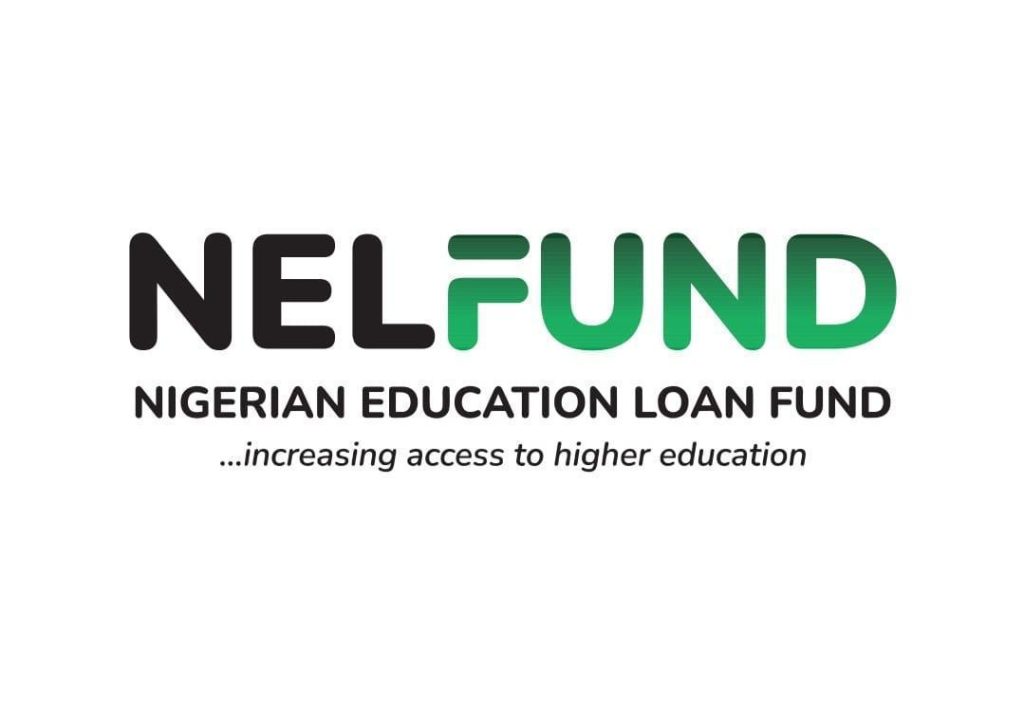NELFUND loans’ll pay fees students are charged — Alausa

The federal government has announced sweeping reforms in Nigeria’s education sector, including a unified fee structure for universities and full coverage of student fees under the Nigerian Education Loan Fund, NELFUND.
The Minister of Education, Dr. Maruf Olatunji Alausa, who disclosed this at a recent media parley in Abuja, emphasised that the changes were aimed at improving transparency, fairness and accessibility across higher institutions.
Dr. Alausa assured parents and students that NELFUND loans would fully cover all fees charged by tertiary institutions, including tuition, departmental charges, and other related costs.
“The federal government, through NELFUND loans, will ensure that no student is denied access to education due to financial challenges,” he said.
He added that the initiative was designed to create equal access to higher education, particularly for students from disadvantaged backgrounds, while easing financial burdens on families and guaranteeing uninterrupted learning.
On the broader reforms, the minister announced that all Nigerian universities would soon operate under a standardised and unified fee structure.
This, he explained, would eliminate arbitrary charges and inconsistencies across institutions. “With NELFUND loans supporting students, every fee will be clearly defined, transparent, and uniform across our universities,” he noted.
Dr. Alausa also highlighted the role of technology in transforming the education sector. He pointed to efforts to integrate artificial intelligence in classrooms, deploy solar-powered infrastructure, provide tablets to teachers, and expand digital literacy for students.
According to him, local tech companies are already developing innovative tools to support these reforms.
“Technology must play a central role in reshaping our education system. Leveraging AI, digital platforms, and solar solutions will not only improve lesson delivery but also prepare Nigerian students for global competitiveness,” he said.
The minister further underscored the need for accountability in the system, calling for stricter enforcement of the Exam Malpractice Act, discipline for erring lecturers and stronger oversight by university governing councils.
He also called for a review of Nigeria’s overloaded curriculum, warning that the current structure dilutes focus and must be streamlined for relevance.
While acknowledging the importance of mother tongue in early learning, he cautioned that linguistic diversity, especially in Northern Nigeria, poses challenges to implementation. He urged stakeholders to seek balanced approaches that prioritize learning outcomes.
Commending the Tertiary Education Trust Fund, TETFund, for its role in financing educational projects, Dr. Alausa reiterated the government’s commitment to modernisation, accountability, and sustainability in education.
“Since assuming office, our reforms have been bold, forward-looking, and focused on building an education system that Nigerians can be proud of,” he concluded.
As part of these reforms, Dr. Alausa announced new measures directly benefiting both students and staff of tertiary institutions. These include:
Launch of a Tertiary Institution Staff Support Fund: The fund is designed to enhance the welfare and professional development of academic and non-academic staff in universities, polytechnics, and colleges of education. Each staff member will be eligible to receive up to ¦ 10 million, capped at 33.3 per cent of their gross annual salary. The loans may be used for transportation, medical support, and micro-enterprise ventures such as poultry farming.
Payment of Earned Academic Allowance, EAA: After nearly two decades of delay, the federal government fulfilled its obligation to university lecturers with the disbursement of ¦ 50 billion in June 2025 as the first tranche of the EAA.
National Student Loan Programme via NELFUND: While one of President Bola Tinubu’s signature policies, its implementation and targeting, especially in northern Nigeria, had been closely coordinated with the Ministry of Education.
The application portal for the programme, managed by NELFUND, first opened on May 24, 2024, offering interest-free loans to eligible students in public tertiary institutions to cover tuition and upkeep.
By July 24, 2025, NELFUND reported that more than ¦ 77 billion (US$50 million) had been disbursed to 396,252 students across 210 tertiary institutions nationwide. Applications for the 2023/2024 academic session closed on February 21, 2025, while the portal for the 2024/2025 cycle opened on February 22, 2025.
The post NELFUND loans’ll pay fees students are charged — Alausa appeared first on Vanguard News.







